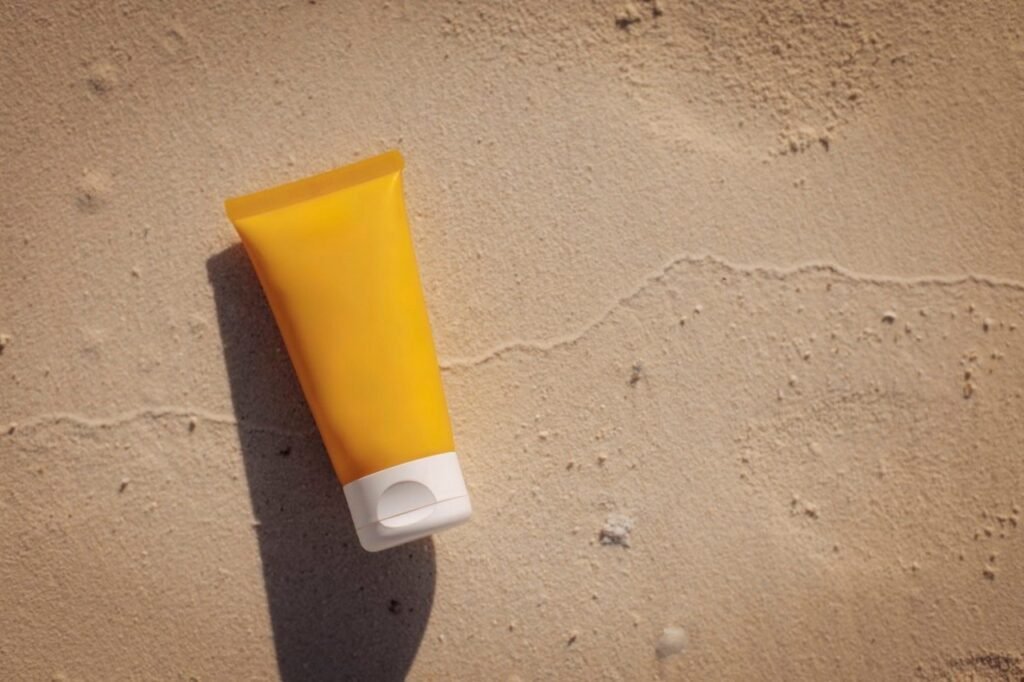The Ultimate Guide to Choosing the Right Sunscreen for Your Skin
When it comes to sun protection, selecting the right sunscreen can be a daunting task for many consumers—especially those worried about hormone disruption and skin sensitivity. This guide will provide clarity on the topic and help you make an informed decision.
Understanding Sunscreen Ingredients
Many of the concerns regarding sunscreen stem from animal studies, with no definitive link to hormone disruption established in humans. However, dermatologists frequently highlight that certain ingredients may cause skin irritation. According to dermatologist Dr. Teng:
“Sunscreen has a lot of preservatives in there to stabilize them. Some of those preservatives are activated in the sun, and they can cause sensitivity and allergic dermatitis.”
Recommended Choices for Sensitive Skin
For those with sensitive skin, Dr. Teng suggests opting for:
- Fragrance-free options
- Additive-free mineral sunscreens
These formulations often offer gentler alternatives, reducing the risk of irritation.
Vitamin D Absorption and Sunscreen
A common worry among sunscreen users is the potential for blocking vitamin D absorption. Fortunately, Dr. Teng reassures that:
“You can absolutely get enough vitamin D through diet and supplements.”
Tips for Maintaining Healthy Vitamin D Levels:
- Dietary Sources: Consider including fortified dairy products and fatty fish.
- Supplements: A simple vitamin D supplement can help.
Although UVB rays are essential for vitamin D synthesis, the amount blocked by regular sunscreen use is minimal. Most individuals still receive enough incidental sunlight to maintain healthy vitamin levels, even when using sunscreen.
How to Make Sunscreen Work for You
While no sunscreen is entirely foolproof, using it effectively is essential in minimizing the risk of skin cancer and long-term skin damage. Here’s what you need to know:
Key Points to Remember:
- Reapplication: Sunscreen should be reapplied every few hours.
- Broad Spectrum Protection: Look for labels that indicate “broad spectrum” protection, ensuring coverage against both UVA and UVB rays.
- Supplement with Protective Measures: Use in conjunction with shade and sun-protective clothing for optimal safety.
Personal Considerations in Choosing Sunscreen
Your choice of sunscreen can depend on several personal factors:
- Skin Sensitivity: Do you have sensitive skin that reacts negatively to certain ingredients?
- Anti-Aging vs. Protection: Are you focused on slowing aging effects while also preventing skin cancer?
Both mineral and chemical sunscreens offer effective protection when used correctly. Mineral sunscreens may be preferable for those with sensitivities, while chemical options often provide better coverage against long-wavelength UVA rays.
Dr. Teng emphasizes:
“The best sunscreen is the one you’ll use regularly.”
Exploring Advanced Protection Options
For consumers seeking the optimal protection, consider exploring sunscreens that are available internationally, as they may offer formulations not found locally.
Embracing Outdoor Activities Safely
Despite the risks associated with UV exposure, dermatologists encourage outdoor activity—albeit with the necessary protection. As Dr. Teng puts it:
“I don’t want to prevent anyone from spending time outdoors. It’s incredibly important to your overall fitness, your cardiovascular health, and your endorphins. You just need to think about minimizing the risks from UV light.”
For further reading on sustainable options, check out this guide on sustainable sunscreen.
With a clear understanding of your sunscreen options and recommendations from dermatologists, you can confidently choose a product that fits your skin type and lifestyle, ensuring maximum protection while enjoying the outdoors.


